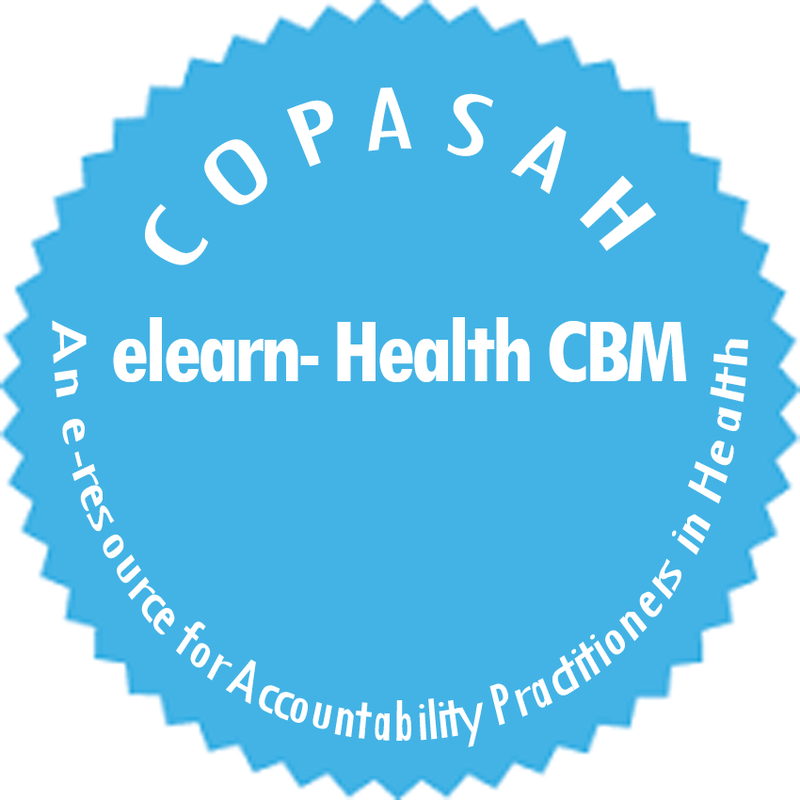
|
|
The Eclipse of State Accountability in the Global Reference
List of 100 Core Indicators by World Health Organisation
List of 100 Core Indicators by World Health Organisation
The Global Reference List of 100 Core Health Indicators is a standard set of 100 indicators prioritised by the global community to provide concise information on the health situation and trends, including responses at national and global levels.
|
E. PREMDAS PINTO
|
World Health Organisation (WHO) has proposed the Global Reference List of 100 Core Health Indicators for health information management and its application. Agreeing upon a set of core health indicators will certainly help in standardising the health system data globally. The health indicators such as health status, risk factors, service coverage will also help broaden the scope of understanding the functioning of the health system from diverse perspectives. The proposal of WHO of a Global Reference List of 100 core indicators is a welcome step in that direction. (http://www.who.int/healthinfo/indicators/en/)
Inspite of the positive take away of this proposal, as practitioners seeking accountability, we note discordance in the tone, tenor and language of the WHO reflected in their various reports. Moreover these reports published in different points of time do not sync with each other and strikingly lack in
coherence and consistency, especially when seen from the perspective of Universal Health Coverage (WHO 2010) and from the social determinants of health (WHO, CSDH, 2008).
State compliance and accountability to the framework of right to health, minimally proposed in the General Comment 14 as the agreed upon indicator in striving for the “highest attainable standard of health” (Universal Declaration of Health and International Covenant on Economic, Social and Cultural Rights). Unless the state commits to adequate financing to strengthen the public health system, puts in place oversight and regulatory mechanisms for the private sector, and prioritises primary health care, the data will hardly make any difference to the populations, especially the disadvantaged communities world over. The communities world over are already reeling under the impact of declining state commitment to people’s health as seen in its withdrawal from the provision of health care and is seen to be invariably promoting private health care to the detriment of state led public health services.
It is appropriate for COPASAH to ask WHO : where and why the key elements of Alma Ata Declaration (1978), Commission on Social Determinants of Health (2008) and Universal Health Coverage (2010) which directly or indirectly imply state accountability to the citizens, have disappeared?
“Universal coverage brings the hope of better health and protection from poverty for hundreds of millions of people - especially those in the most vulnerable situations. Universal coverage is firmly based on the WHO constitution of 1948 declaring health a fundamental human right and on the Health for All agenda set by the Alma‑Ata declaration in 1978. Achieving the health Millennium Development Goals and the next wave of targets looking beyond 2015 will depend largely on how countries succeed in moving towards universal coverage”(WHO, http://www.who.int/health_financing/universal_coverage_definition/en/)
The rights of communities to access health care as citizens, the accountability of the governments to ensure health care services (keeping in mind the core components of right to health as evolved in General Comment 14 – Availability, Accessibility, Affordability, Quality) and the communities right to participate in shaping the health system do not occur in the core indicators.
By and large, the Global Reference List of 100 Core Indicators is informative and would be useful for furthering research and to compare health systems. However, being primarily disease oriented with its predominant bio-medical approach, leaves a lot to be desired on the issues of accountability and health rights as far as the communities and their health rights are concerned. WHO has lost an opportunity to make accountability of the state and aspirations of the community for health rights, part of the global core indicators.
Inspite of the positive take away of this proposal, as practitioners seeking accountability, we note discordance in the tone, tenor and language of the WHO reflected in their various reports. Moreover these reports published in different points of time do not sync with each other and strikingly lack in
coherence and consistency, especially when seen from the perspective of Universal Health Coverage (WHO 2010) and from the social determinants of health (WHO, CSDH, 2008).
State compliance and accountability to the framework of right to health, minimally proposed in the General Comment 14 as the agreed upon indicator in striving for the “highest attainable standard of health” (Universal Declaration of Health and International Covenant on Economic, Social and Cultural Rights). Unless the state commits to adequate financing to strengthen the public health system, puts in place oversight and regulatory mechanisms for the private sector, and prioritises primary health care, the data will hardly make any difference to the populations, especially the disadvantaged communities world over. The communities world over are already reeling under the impact of declining state commitment to people’s health as seen in its withdrawal from the provision of health care and is seen to be invariably promoting private health care to the detriment of state led public health services.
It is appropriate for COPASAH to ask WHO : where and why the key elements of Alma Ata Declaration (1978), Commission on Social Determinants of Health (2008) and Universal Health Coverage (2010) which directly or indirectly imply state accountability to the citizens, have disappeared?
“Universal coverage brings the hope of better health and protection from poverty for hundreds of millions of people - especially those in the most vulnerable situations. Universal coverage is firmly based on the WHO constitution of 1948 declaring health a fundamental human right and on the Health for All agenda set by the Alma‑Ata declaration in 1978. Achieving the health Millennium Development Goals and the next wave of targets looking beyond 2015 will depend largely on how countries succeed in moving towards universal coverage”(WHO, http://www.who.int/health_financing/universal_coverage_definition/en/)
The rights of communities to access health care as citizens, the accountability of the governments to ensure health care services (keeping in mind the core components of right to health as evolved in General Comment 14 – Availability, Accessibility, Affordability, Quality) and the communities right to participate in shaping the health system do not occur in the core indicators.
By and large, the Global Reference List of 100 Core Indicators is informative and would be useful for furthering research and to compare health systems. However, being primarily disease oriented with its predominant bio-medical approach, leaves a lot to be desired on the issues of accountability and health rights as far as the communities and their health rights are concerned. WHO has lost an opportunity to make accountability of the state and aspirations of the community for health rights, part of the global core indicators.
|
|
ABOUT AUTHORS
Edward Premdas Pinto is the Global Secretariat Coordinator of COPASAH. As an Advocacy and Research Director at Centre for Health and Social Justice (CHSJ), India, he facilitates the thematic area of social accountability with a special focus on processes of community monitoring and accountability in health. He also coordinates the South Asia region for COPASAH. He is a Human Rights advocate and Public Health practitioner- scholar, actively engaged in processes and social justice issues of the communities of Dalit Women, rural unorganized labourers and other disadvantaged communities for the last 22 years.
To know more about the work of CHSJ and COPASAH please visit, www.chsj.org and www.copasah.net
Edward Premdas Pinto is the Global Secretariat Coordinator of COPASAH. As an Advocacy and Research Director at Centre for Health and Social Justice (CHSJ), India, he facilitates the thematic area of social accountability with a special focus on processes of community monitoring and accountability in health. He also coordinates the South Asia region for COPASAH. He is a Human Rights advocate and Public Health practitioner- scholar, actively engaged in processes and social justice issues of the communities of Dalit Women, rural unorganized labourers and other disadvantaged communities for the last 22 years.
To know more about the work of CHSJ and COPASAH please visit, www.chsj.org and www.copasah.net







